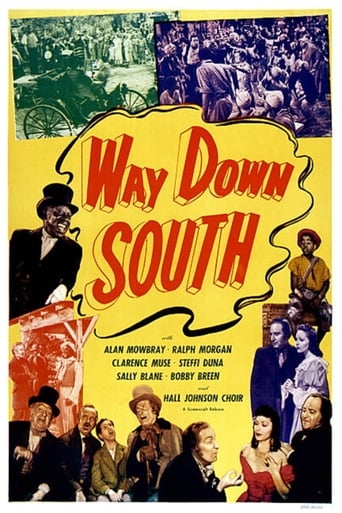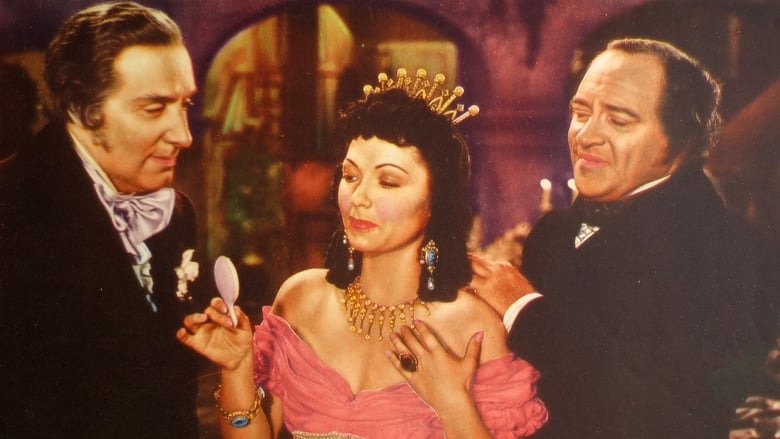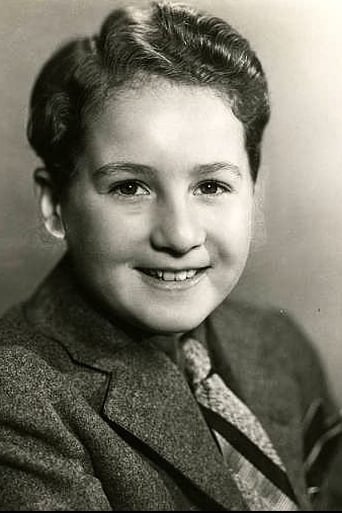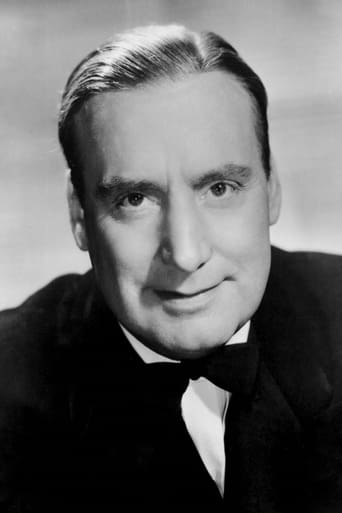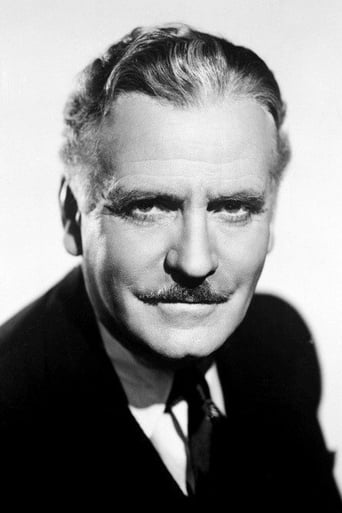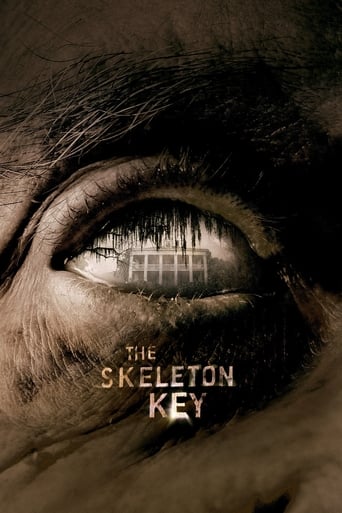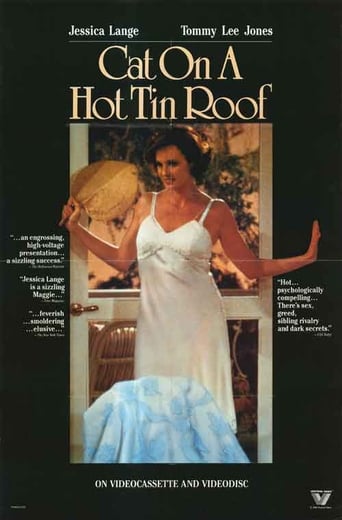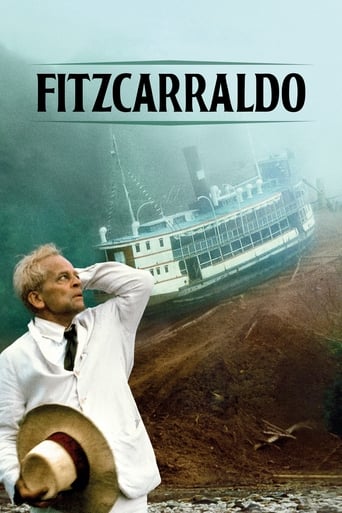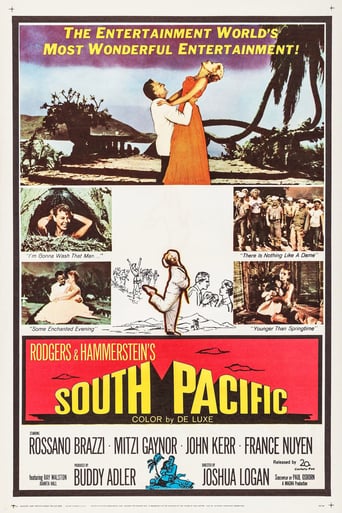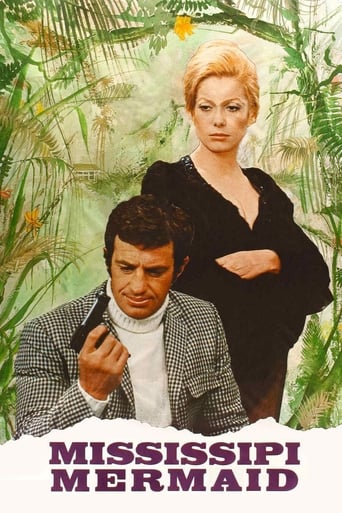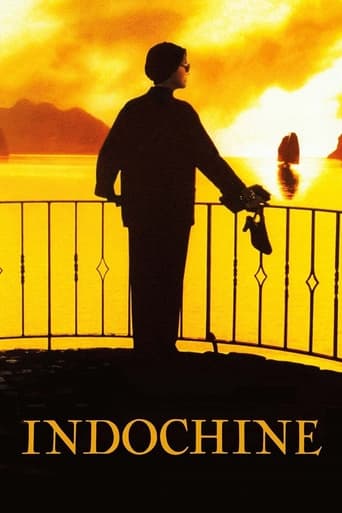Way Down South (1939)
In the pre-Civil War South, a plantation owner dies and leaves all his possessions, including his slaves, to his young son. While the deceased treated his slaves decently, his corrupt executor abuses them unmercifully, beating them without provocation, and he is planning to sell off the father'e estate--including the slaves--at the earliest opportunity so he and his mistress can steal the money and move to France. The young boy doesn't want to sell his father's estate or break up an of the slave families, and he has to find someone to help him thwart the crooked executor's plans.
Watch Trailer
Cast


Similar titles
Reviews
Terrible acting, screenplay and direction.
Slow pace in the most part of the movie.
it is finally so absorbing because it plays like a lyrical road odyssey that’s also a detective story.
An old-fashioned movie made with new-fashioned finesse.
This small, unpretentious, but very wonderful film from the combined pens of Langston Hughes and actor Clarence Muse is one of the very few films that deals with slavery and from the point of view of the slave. Remarkable also that this came out in the same year as Gone With The Wind which dealt with the lost Confederacy which founded on the notion of keeping slavery alive in North America.Muse and Hughes also borrowed a great deal from Mark Twain's Huckleberry Finn in developing the relationship of the young master Bobby Breen and house servant Muse. Breen while still a minor child inherits father Ralph Morgan's plantation and unfortunately an executor in the person of Edwin Maxwell. Maxwell wants to basically loot the estate, in the meantime he hires a very cruel overseer in Charles Middleton. When Muse does voice some mild objection to new policies instituted, Maxwell says he'll sell him. Breen and Muse make an escape worthy of Huck Finn and Jim and with Muse in drag and a veil they check into a posh New Orleans hotel operated by Alan Mowbray who is a Creole character out of Charles Dickens. Eventually they learn that Maxwell just wants to sell all the slaves and take the profits and run. Of course the slaves who have families don't have any say in the matter. In fact some whippings are dished out by Middleton though we never actually see one.The Hall Johnson Choir play the plantation slaves and they have several numbers singing Negro spirituals both happy and sad depending on the mood of the film. Breen also sings some songs like Oh Dem Golden Slippers and Sometimes I Feel Like A Motherless Child with the Choir. Also at Mowbray's dinner table Breen sings Stephen Foster's Some Folks Do which was my favorite musical number.This film should be seen and revived as a great treatise on the slave experience. There is some stereotyping, but it's done in the context of the condition and servitude of the slaves and there is never any demeaning of anyone in this film. And when you've Langston Hughes and Clarence Muse taking some inspiration from such authors and Twain and Dickens you know this film is something special. A lot of people in this cast from Bobby Breen on down got career roles here. Way Down South should be bought or rented at Amazon, it's a wonderful and moving viewing experience.
Handsomely presented, this "B" musical drama has boy soprano Bobby Breen as the wronged heir to the estate of a Southern Plantation owner whose attorney uses his power ruthlessly to change the happy slaves from singing "Oh, Dem Golden Slippers" to "Nobody Knows the Trouble I've Seen". Breen's father (Ralph Morgan, brother of Frank, the "Wizard"), had been making lots of money on his peanut plantation, so he felt he owed a lot to his hard working slaves, treating them more like servants. But after Morgan is accidentally killed in a tragic accident, the ruthless attorney (Edwin Maxwell) begins to beat and sell the slaves, something Morgan had made Breen promise he would never do. Breen disguises the black butler (Clarence Muse) as a veiled white woman, and they escape, utilizing the help of a kindly innkeeper (Alan Mowbray) and a Scarlet O'Hara like actress (Steffi Duna) to get back his birthright and right the wrongs so the slaves can pick peanuts happily ever after while singing their sunny spirituals.The Johnson Hall Choir is utilized to show the happiness and gloom of the large stable of slaves, and is performed beautifully. The obvious flaw of the film is the stereotypical manner of the black actors and singers, but the film is set in 1854 and was released in 1939, the same year as the epic Civil War drama of the sagging south, "Gone With the Wind". That somewhat justifies the structure, and there are more white people fighting for justice for Breen's slaves than evil ones. If the film is not entirely historically accurate, it more than makes it up in being pure entertainment, and Breen does a nice job after being a bit cloying in his earlier films.
Way Down South (1939) ** 1/2 (out of 4) Interesting race picture from RKO features two black writers (Clarence Muse, Langston Hughes) doing the screenplay. Set before the Civil War, a plantation owner dies leaving his farm and slaves to his young son (Bobby Breen). Soon an executive comes into play and tries to sell the slaves but the young kid won't stand for this as the slaves are his only friends. It's interesting to see a Hollywood picture from this era treating blacks with any sort of respect and in many ways it's more respectful than many of the other race pictures that I've seen, which were made by black directors. The film only runs 61-minutes so the drama of slavery isn't ever really looked at and the film would later be criticized by the NAACP for showing "happy slaves". The films main goal is to have a spotlight for the young Breen and he's pretty good here, although his musical numbers aren't anything special.
At times this movie is brilliant beyond my powers of description to note. At other times it turns stupid. Langston Hughes' poetry and powerful images dominate some scenes. At others we have the sight of Clarence Muse in a dress and veil, or Bobby Breen advancing the plot while Alan Mowbray does his best to make it interesting by a little judicious mugging. Even the musical numbers are erratically choreographed. The last may have been an attempt to either appease white audiences who would never see this movie or a choreographer utterly ignorant of jazz dancing. In 1939? It doesn't make sense. Perhaps it was shot, edited, tested and then someone else went back to do some ham-handed reshooting.The problems I have with the execution of this movie cannot be denied, but its strengths are likewise undeniable. Take a look at it and bear in mind that this was released in he same year as GONE WITH THE WIND.

